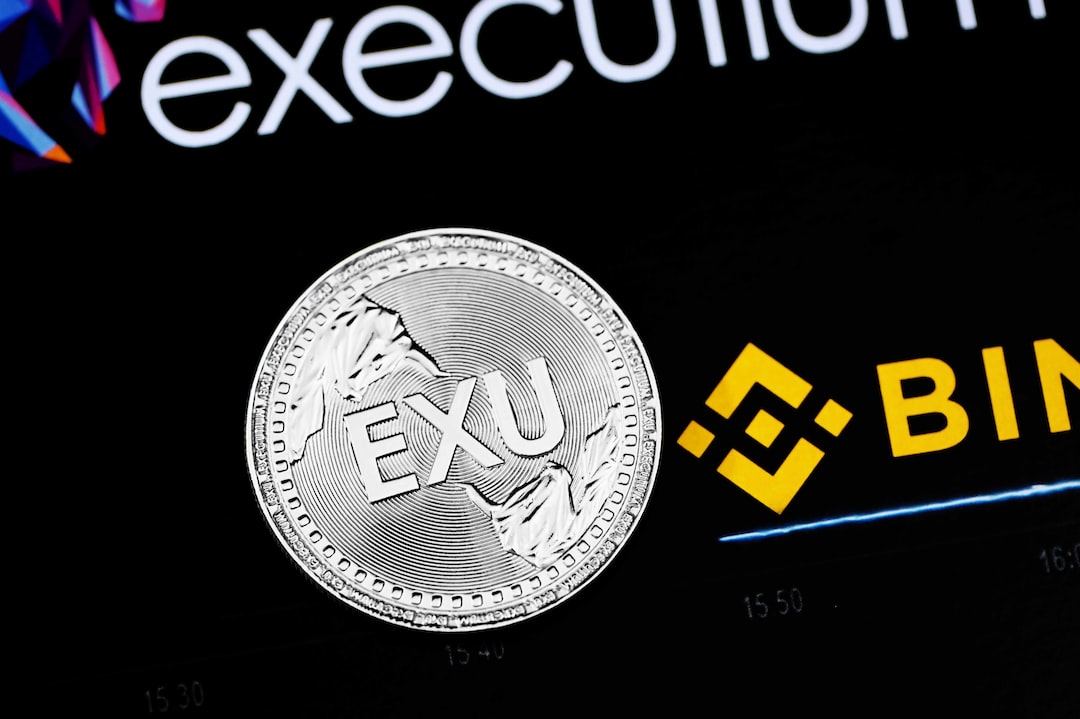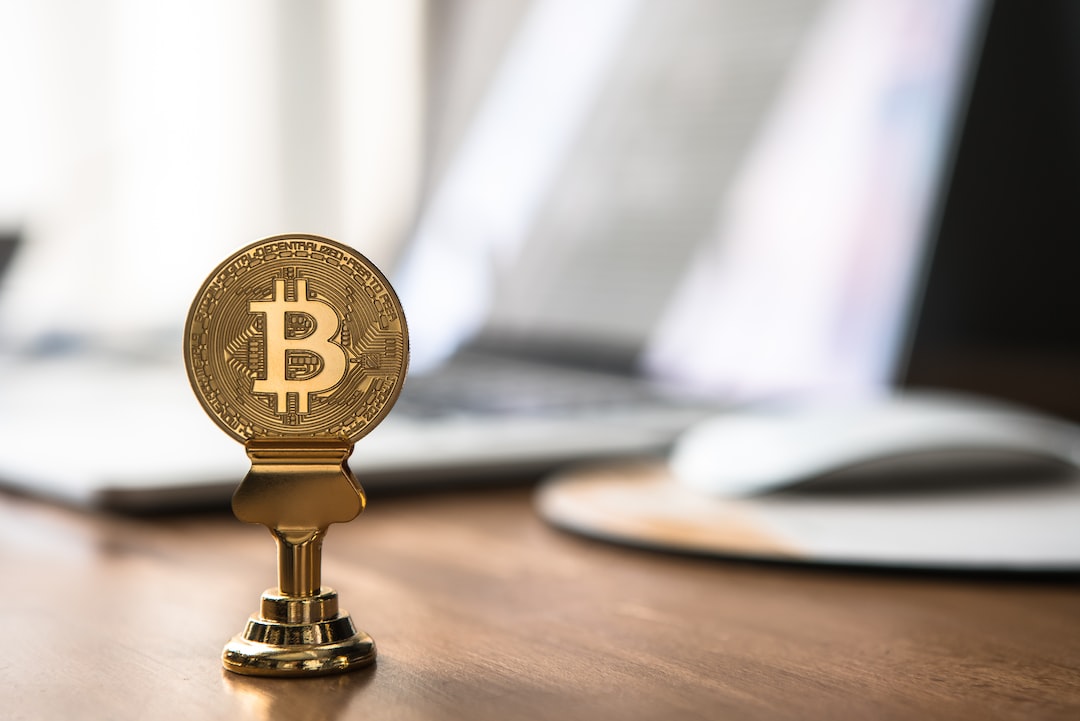CoinList Agrees to $1.2 Million Settlement with OFAC for Sanctions Violations
CoinList, a cryptocurrency exchange based in the United States, has reached a $1.2 million settlement with the Treasury’s Office of Foreign Assets Control (OFAC) after being accused of facilitating transactions that violated sanctions. According to OFAC, CoinList processed nearly 1,000 transactions for users in Crimea, a region currently occupied by Russia, from April 2020 to May 2022. Although the violations were not considered severe, they were not voluntarily disclosed by CoinList. The exchange’s screening procedures failed to detect users who claimed to be residents of non-embargoed countries but provided addresses in Crimea.
OFAC’s Findings and Cooperation
OFAC stated that CoinList “knew or had reason to know” that these transactions involved residents of Crimea and therefore violated U.S. sanctions. However, the exchange cooperated with U.S. officials throughout the investigation. The volume of transactions in violation of sanctions was only a small portion of CoinList’s total volume.
Sanctions on Crimea and Previous Enforcement Actions
In 2014, Crimea was annexed by Russian forces, leading to sanctions imposed by U.S. President Barack Obama. Other crypto firms in the U.S., such as Poloniex and Binance, have also faced enforcement actions by OFAC for apparent violations of these sanctions.
Hot Take: CoinList Settles Sanctions Violation Case with OFAC
CoinList has agreed to pay a $1.2 million settlement to the Treasury’s Office of Foreign Assets Control (OFAC) following allegations of facilitating transactions that violated sanctions. The exchange processed almost 1,000 transactions for users in Crimea, which is currently occupied by Russia. While the violations were not considered severe, CoinList failed to voluntarily disclose them. OFAC stated that the exchange should have been aware that these transactions involved residents of Crimea and thus violated U.S. sanctions. However, CoinList cooperated with U.S. officials throughout the investigation. This settlement highlights the importance of robust screening procedures for crypto exchanges to prevent sanctions violations.





 By
By
 By
By
 By
By
 By
By
 By
By
 By
By